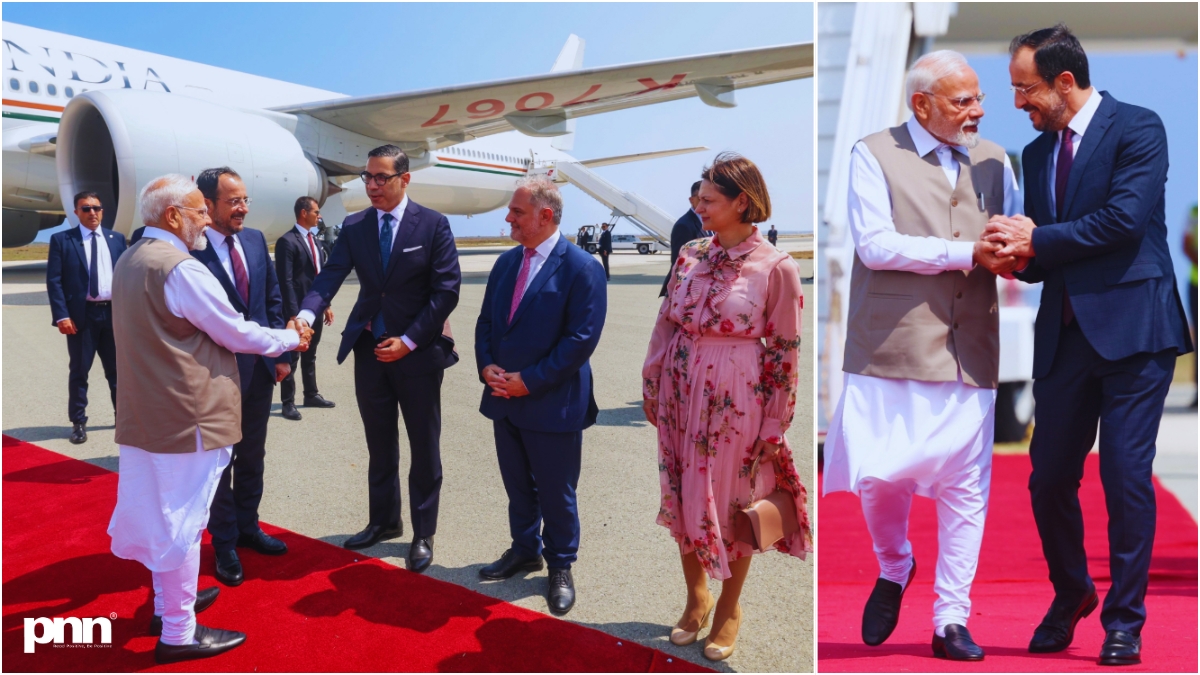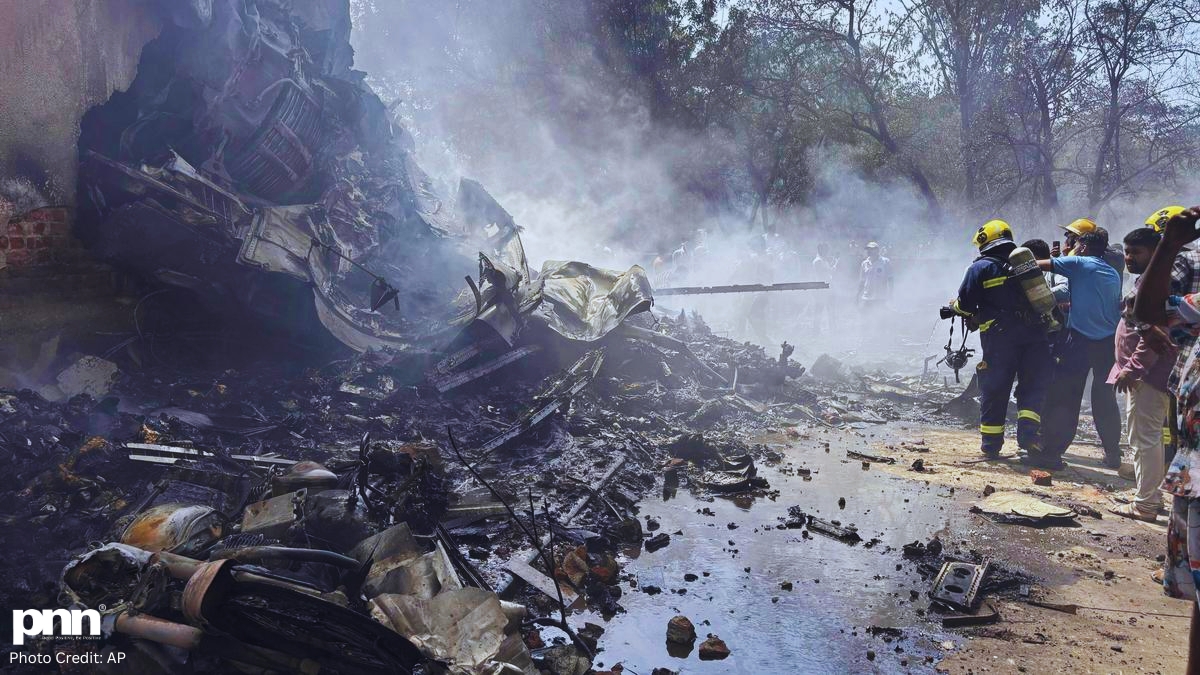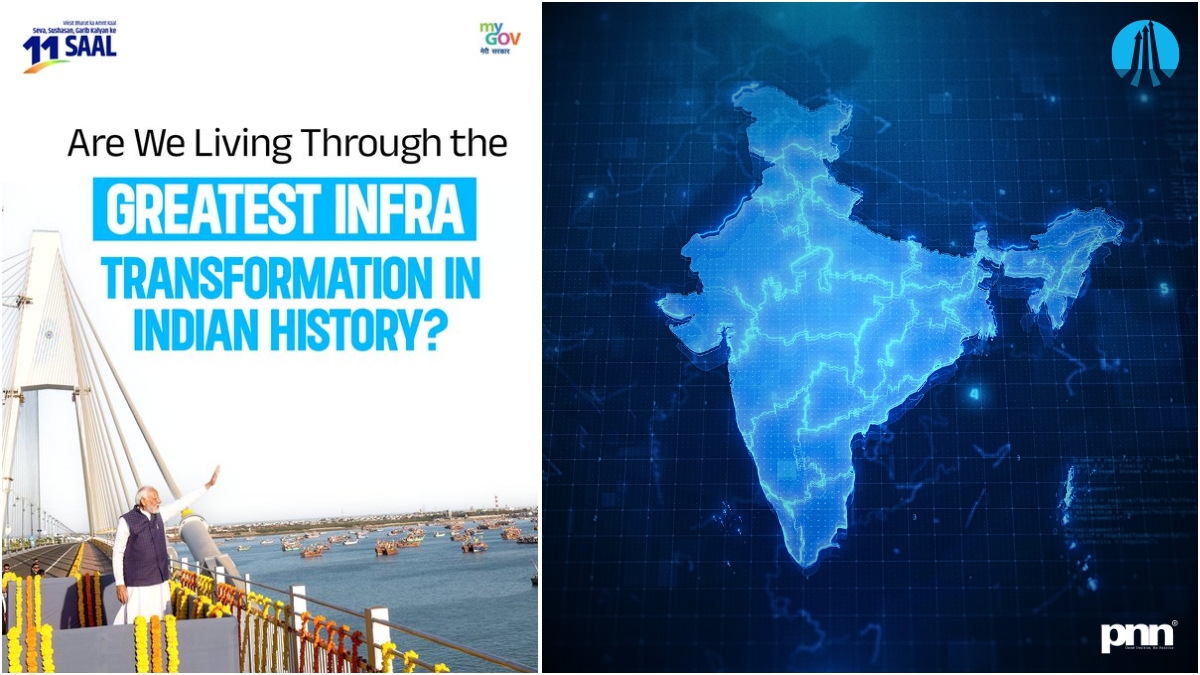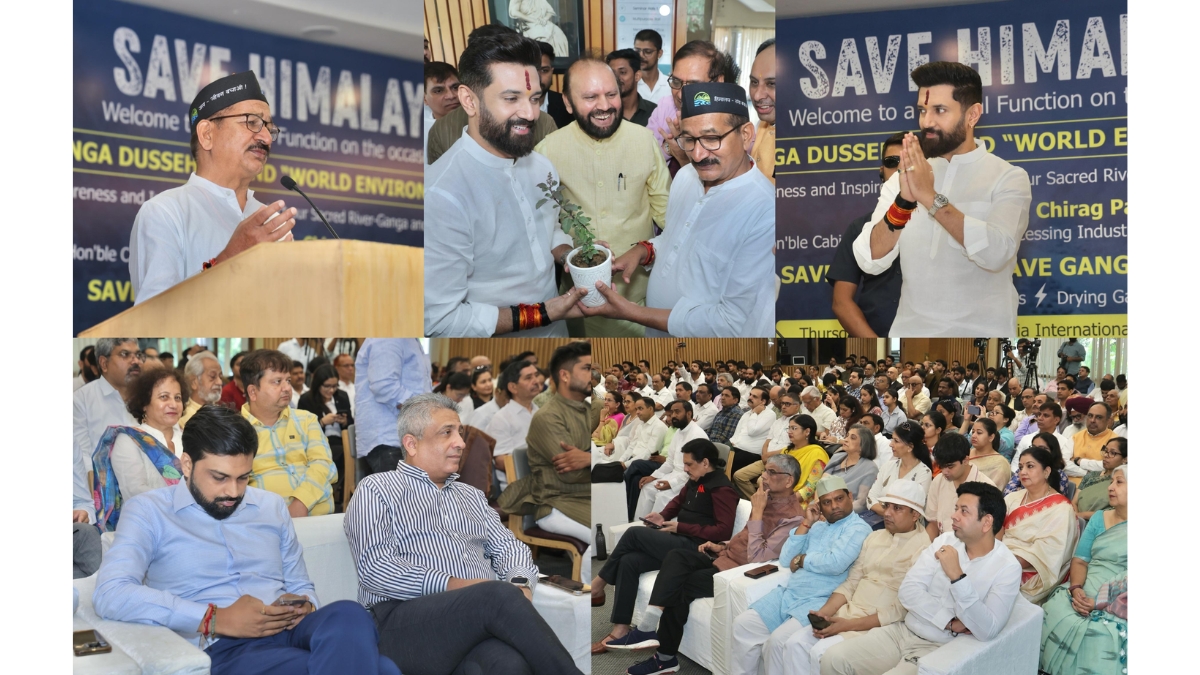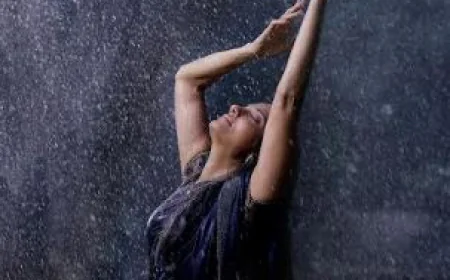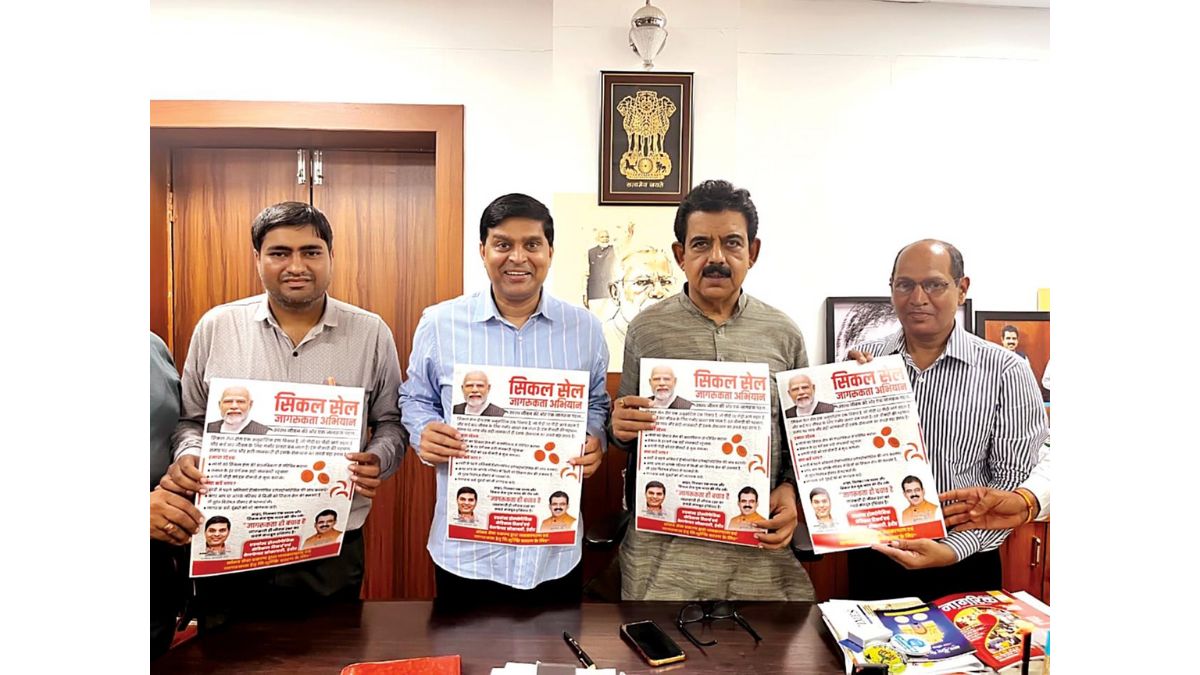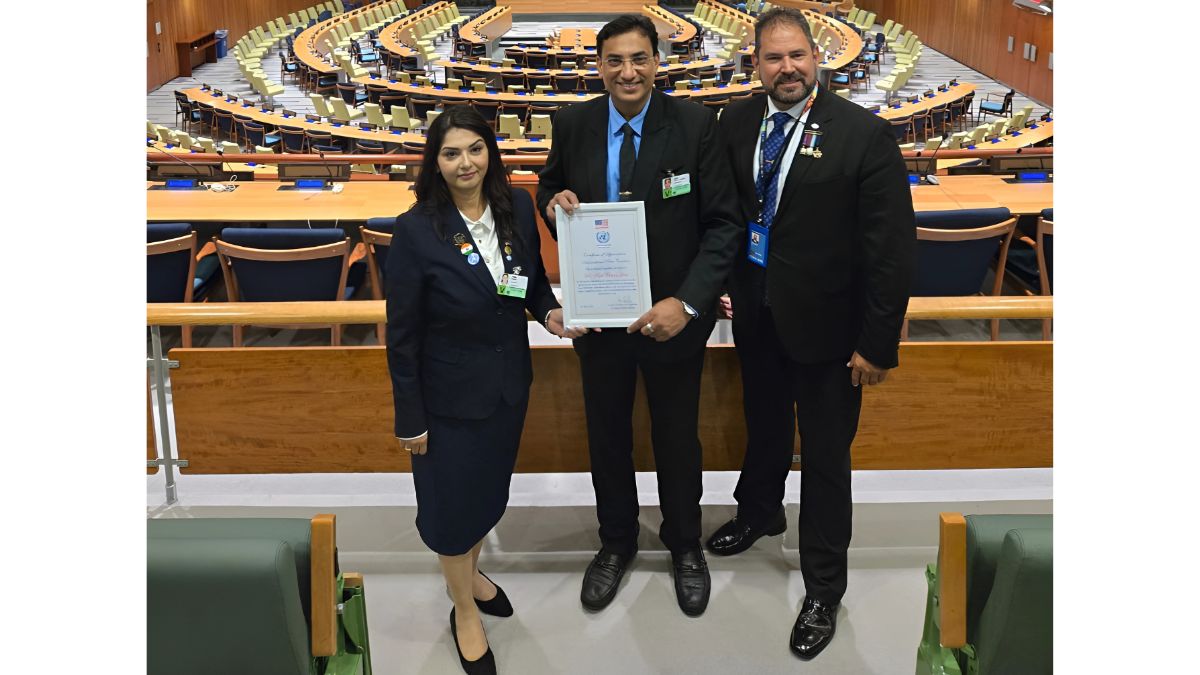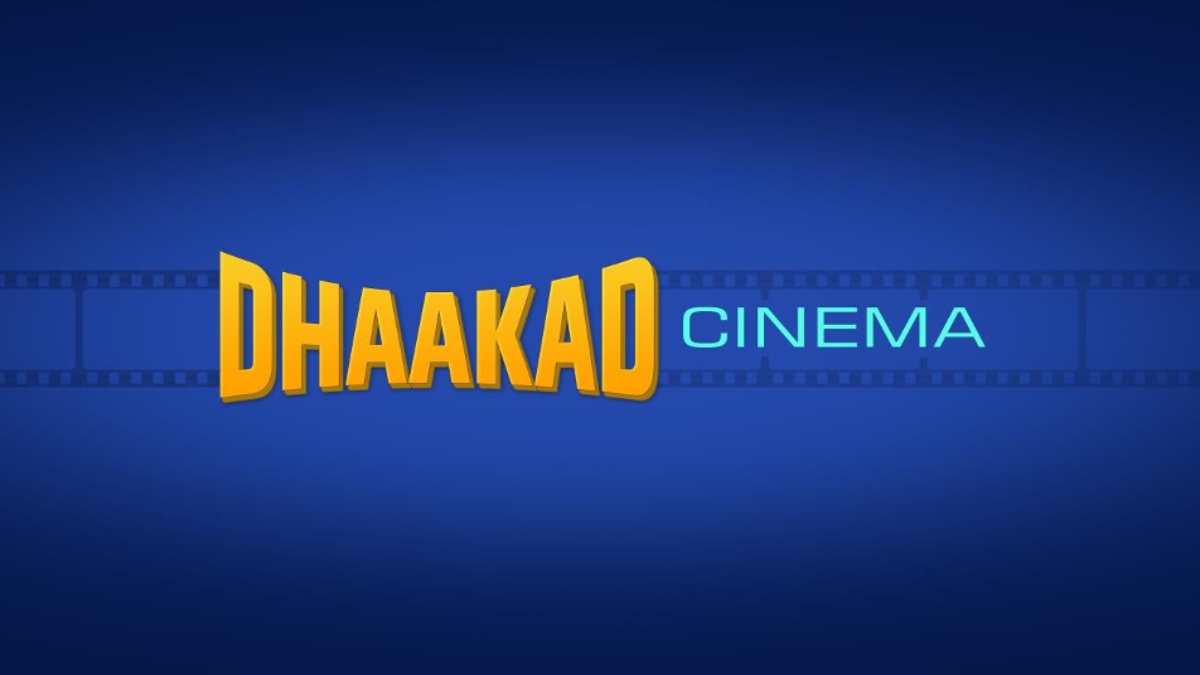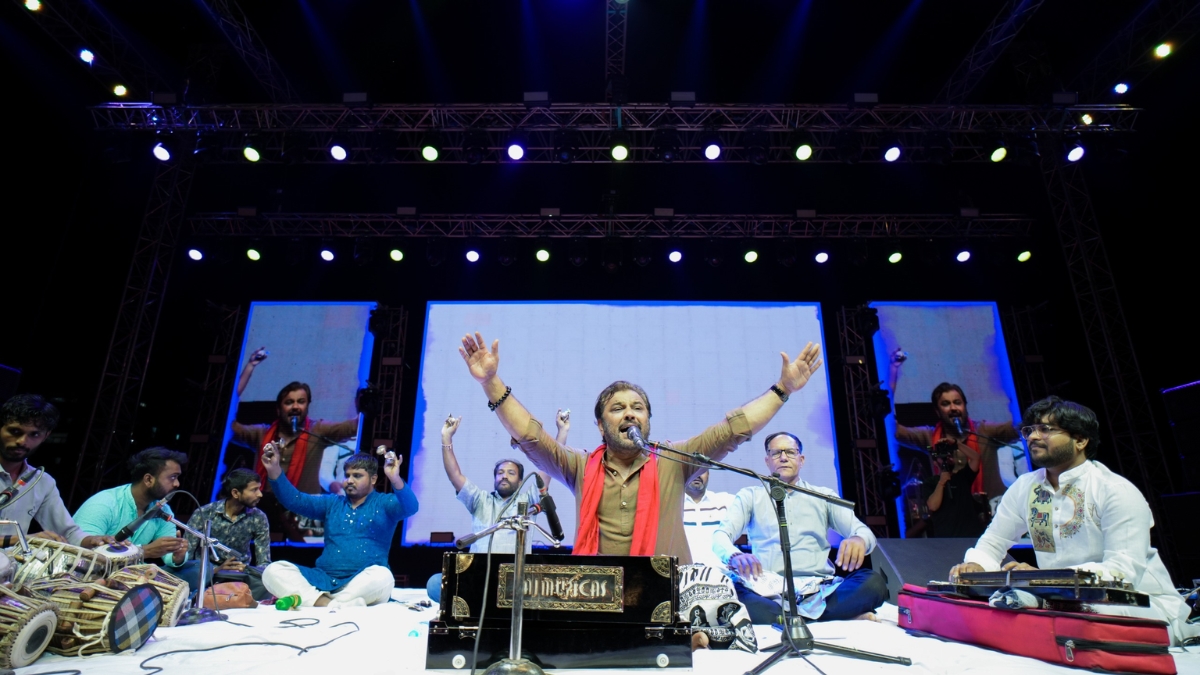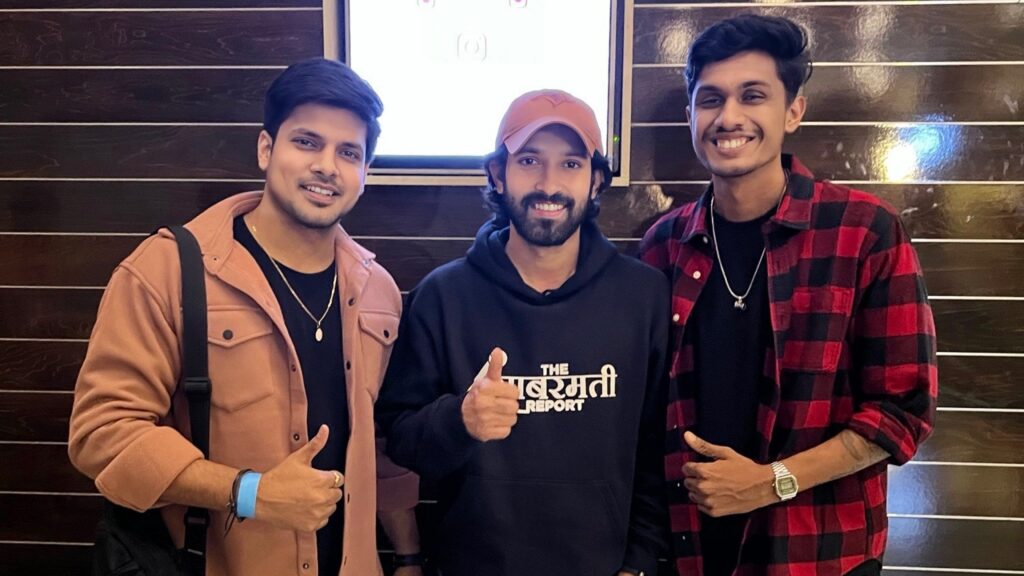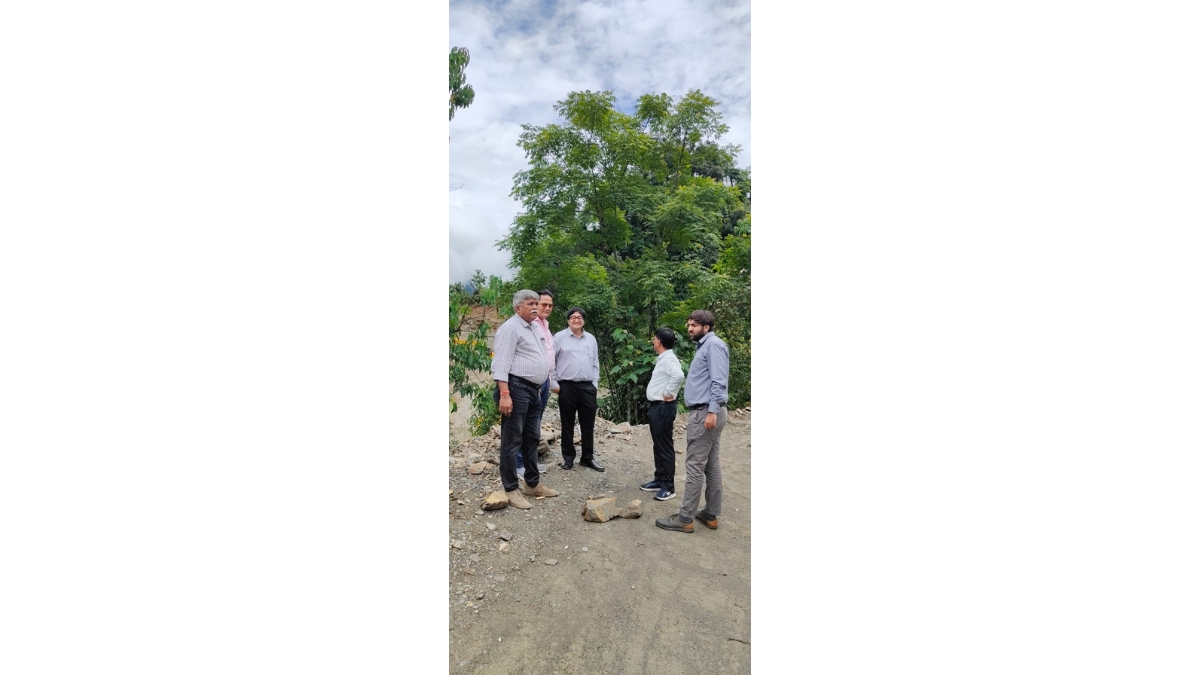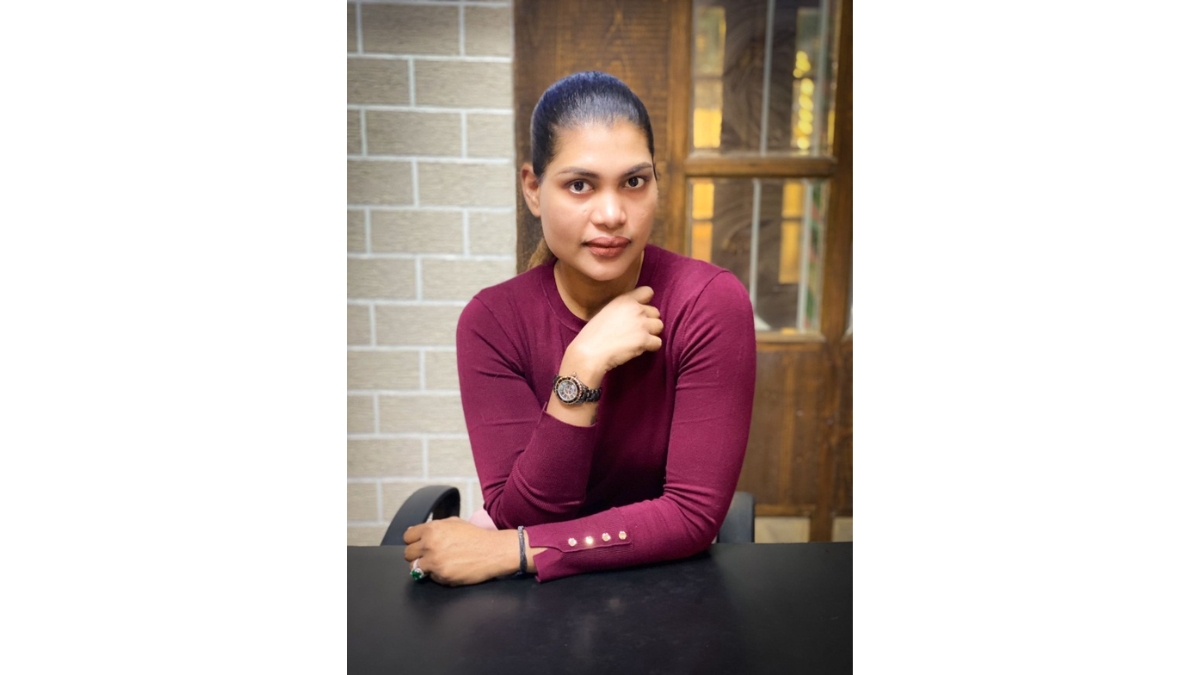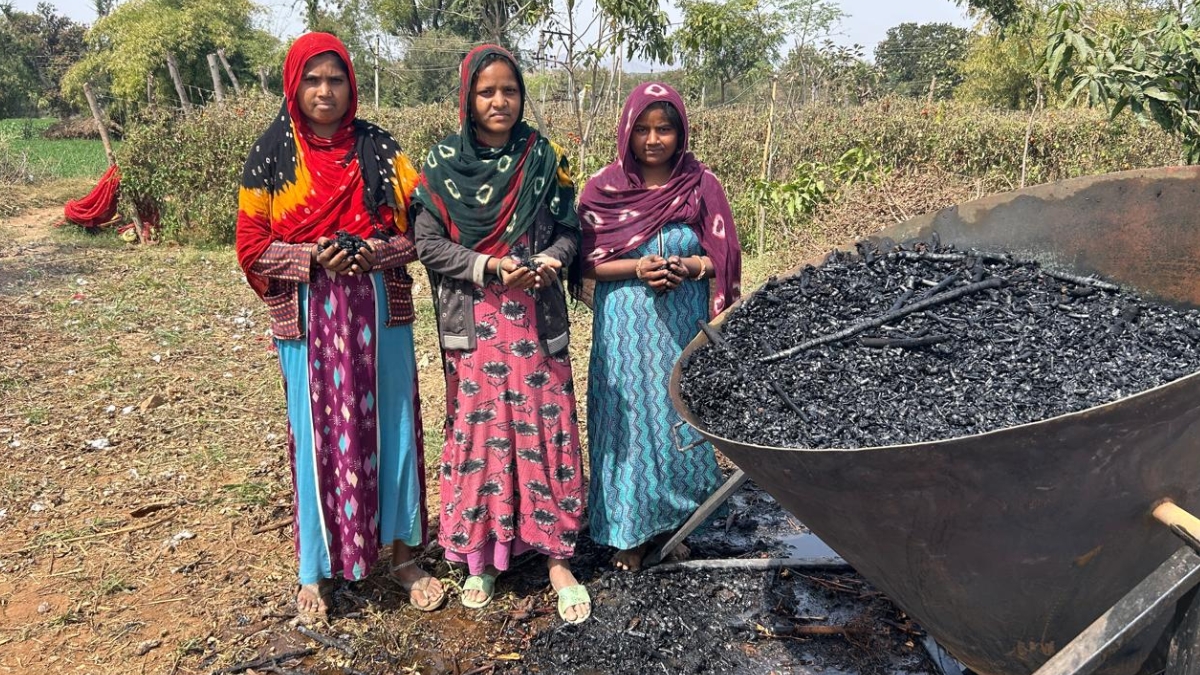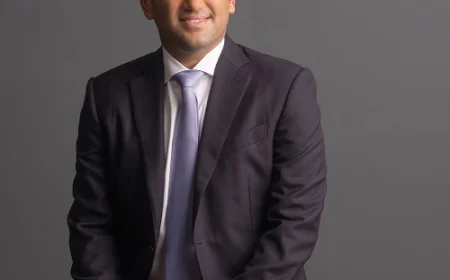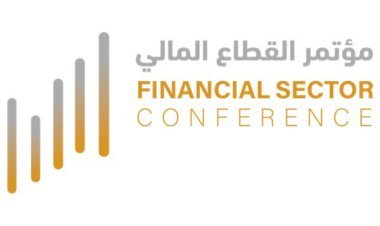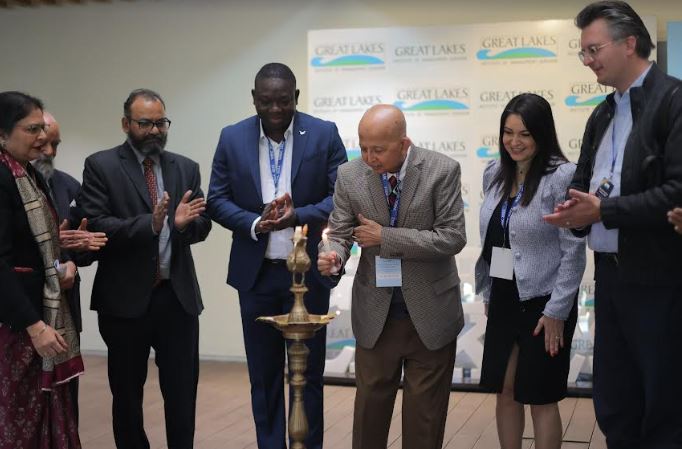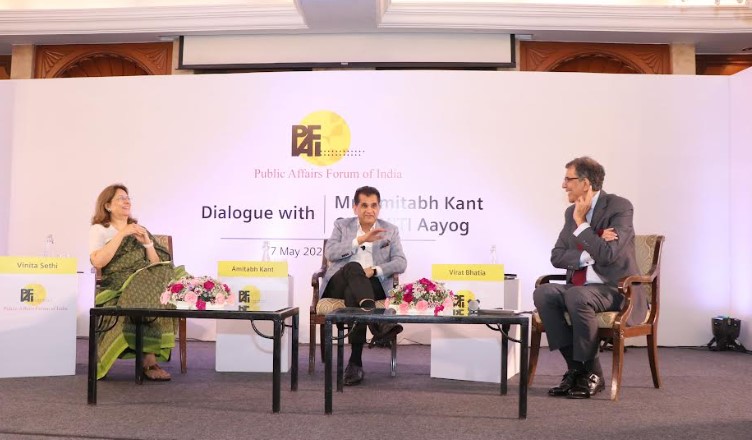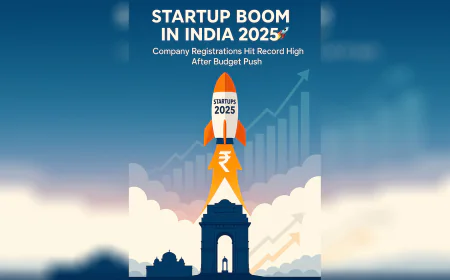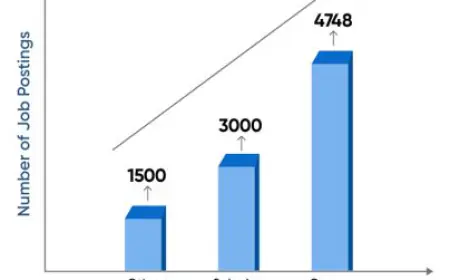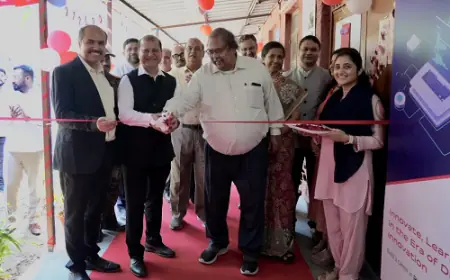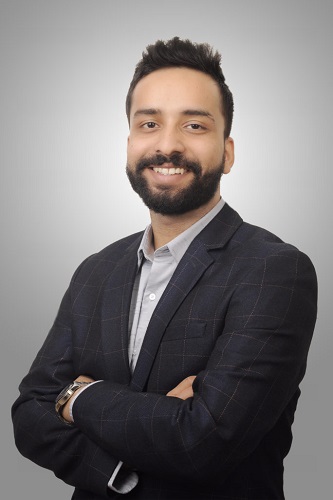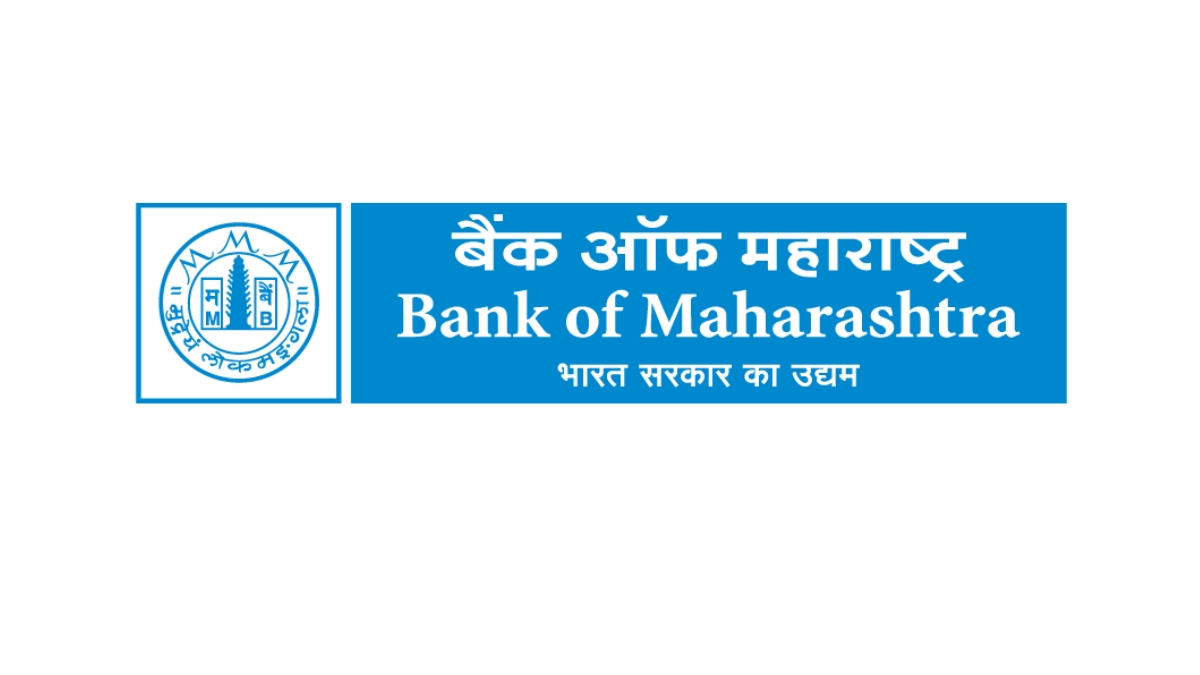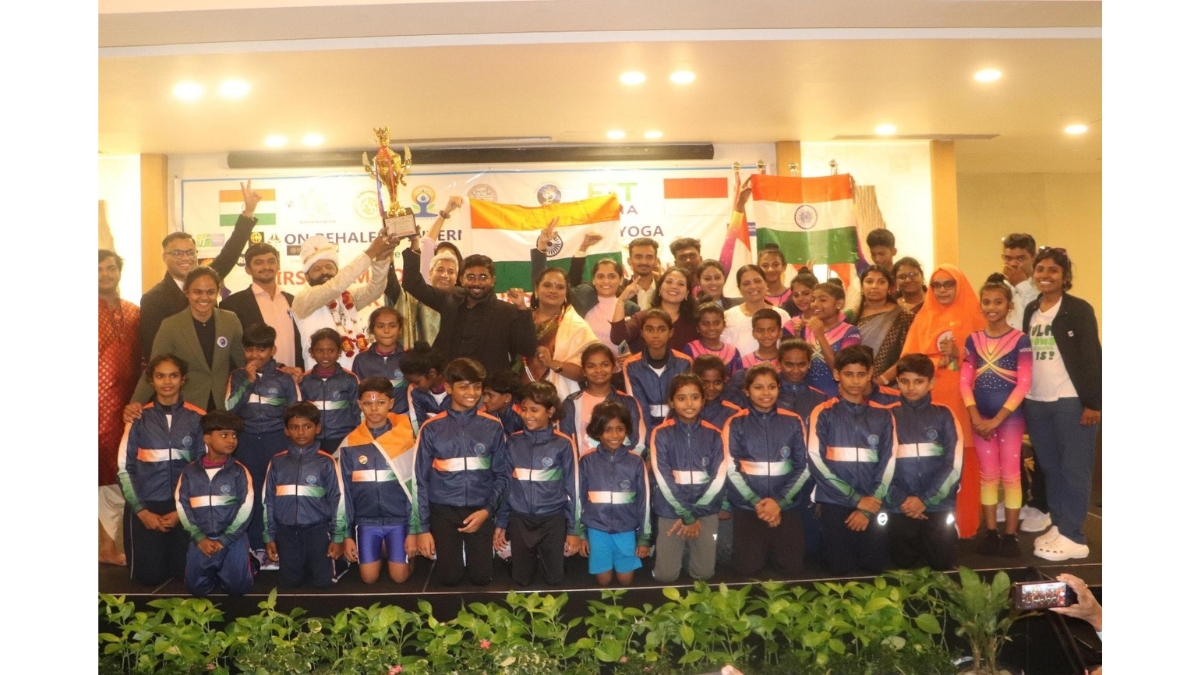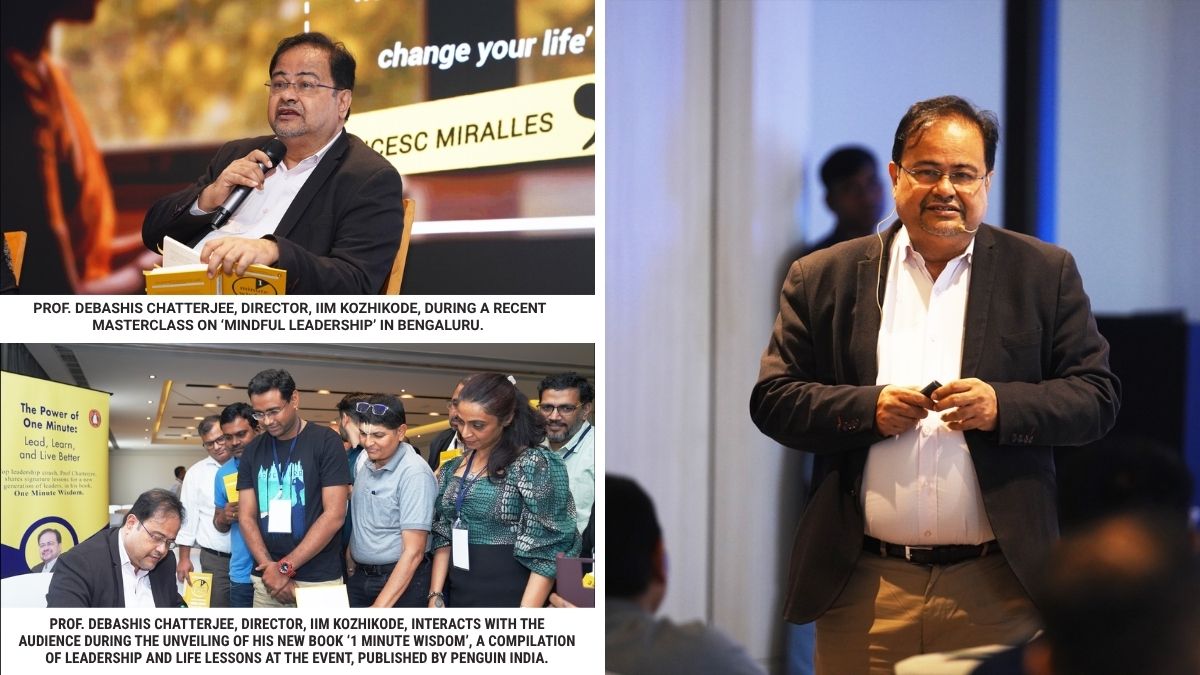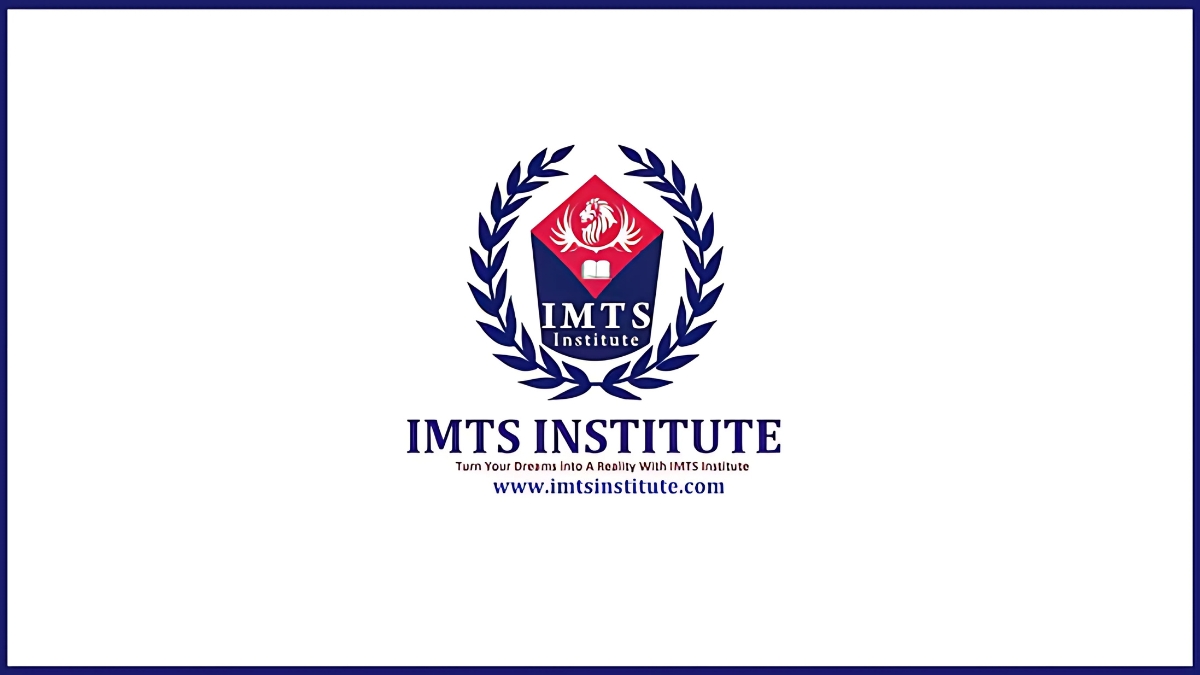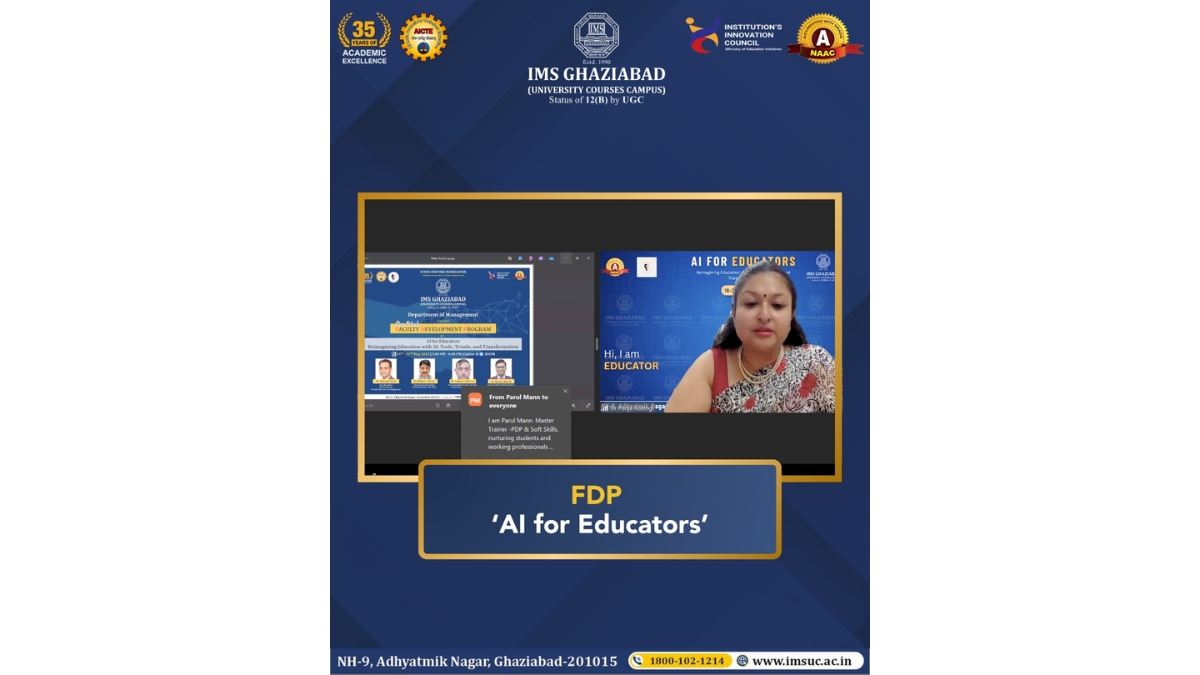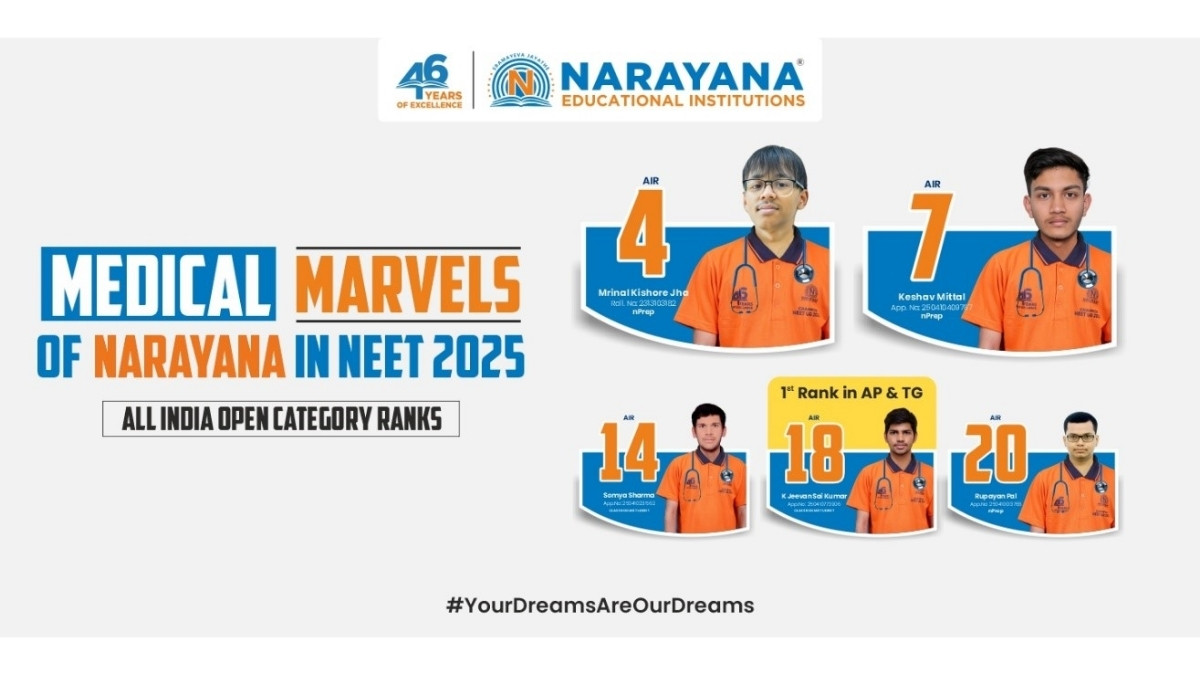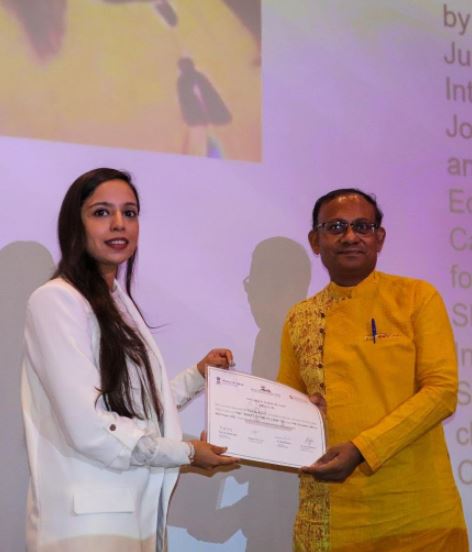Adi Sankara Math: 5 Landmark Goals Unveiled at Rampur Inauguration
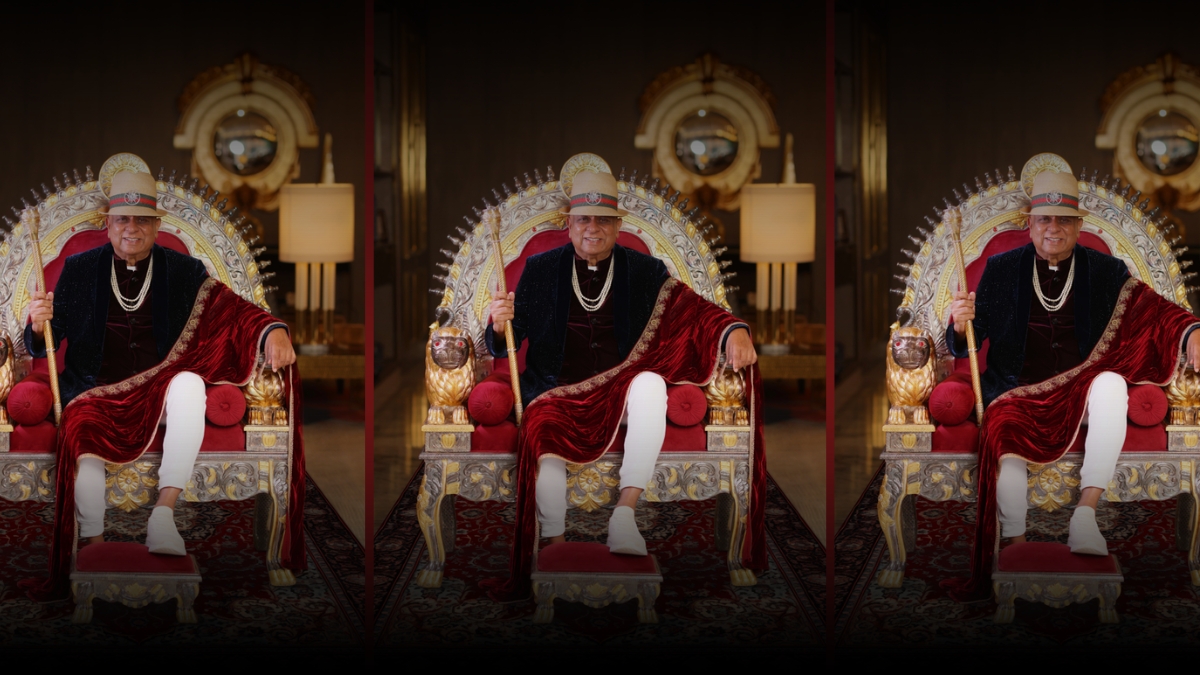

Rampur (Uttar Pradesh) [India], June 18: There was a moment of deep spiritual milestone witnessed today with the official opening of the Jagadguru Adi Sankara Math in Rampur. Based on the universal doctrines of Advait Vedanta, the Math is envisioned as a world centre of spiritual education and cultural harmony.
Established under the patronage of Rajarshi Bhupendra Modi, the project signifies more than a concrete building—it is an endeavour to restore, preserve, and universalize the wisdom of Jagadguru Adi Sankara, one of India’s greatest spiritual philosophers.
1. Enduring a Timeless Legacy
The Math is so-named after Adi Sankara, an 8th-century philosopher whose understanding of non-dualism (Advait Vedanta) redefined spiritual thought throughout the Indian subcontinent. By the time Adi Sankara was 31, he had written more than 300 Bhashyas (commentaries), re-stimulated the Vedic tradition, and founded four significant monastic centres—Jyotirmath (North), Puri (East), Sringeri (South), and Dwarka (West).
Rampur Math pays homage to this tradition by vowing to impart all 300 Bhashyas for free, in English. The choice is made with the objective of entrenching ancient wisdom in a globally accessible format without sacrificing the richness and sophistication of the original works.
2. A Centre for Global Spiritual Learning
Designed to be a neutral, apolitical centre of spiritual learning, the Math will not take sides with any sectarian ideology or exclusivist practice. Its core focus is on imparting Advait Vedanta as a universal principle of inner unity that transcends religious, regional, or traditional boundaries.
Workshops, fellowships, online courses, and international outreach programs will be organized to facilitate interfaith dialogue and philosophical literacy. The aim is to establish the Math as a gurukul for today—where timeless wisdom converges with modern-day curiosity.
3. The Vision of Rajarshi Bhupendra Modi
The establishment of the Math has been spearheaded by Rajarshi Bhupendra Modi, a spiritual thinker and philanthropist who transitioned from a global business life into Vanaprasth (life of renunciation) at age 50. Having worked across continents—including the United States, Africa, and Southeast Asia—Dr. Modi’s mission is to unify followers of Indic spiritual traditions, including Hindus, Jains, Buddhists, and Sikhs, under the umbrella of shared wisdom and mutual respect.
At the age of 75, he accepted sanyas (renunciation) and was conferred the title of “Rajarshi” by the Shankaracharyas, again reaffirmed at Maha Kumbh 2025 by all four Shankaracharyas. He was also presented with the Dharma Dand, a holy sceptre signifying responsibility for world spiritual leadership.
4. The Emergence of 500 New Age Hindu Kings
In a surprise declaration at the inauguration, Rajarshi Bhupendra Modi inaugurated a world initiative to nominate 500 New Age Hindu Kings—men aged above 75 years, with considerable resources and a proven commitment to cultural service. These leaders, he said, will serve together to promote peace, harmony, and the moral renewal of Dharma globally.
“These are not political kings,” he explained. “They are keepers of tradition, wisdom, and harmony—to be entrusted with taking Adi Sankara’s legacy into the 21st century.”
The initiative is a call to leverage the power of veteran global citizens—particularly business leaders and thinkers—to become cultural trustees of an integrated, spiritually enhanced world society.
5. A Movement Without Borders
The Math does not limit its outlook to a specific region or community. It actively promotes worldwide participation, especially from the diaspora, scholars, seekers, and interfaith practitioners. Its philosophy, based on Advait Vedanta, is presented not as religious dogma, but as a system of inner wisdom, ethical governance, and social concord.
A New Age of Dhārmik Renaissance
The opening of the Adi Sankara Math marks the beginning of a wider intellectual and spiritual movement—one that seeks to reconcile tradition and modernity, philosophy and practice, self-reflection and action.
With the world at the crossroads of fragmentation and change, centres such as the Math offer a necessary bridge—between humanity and its higher potential, one principle at a time.
